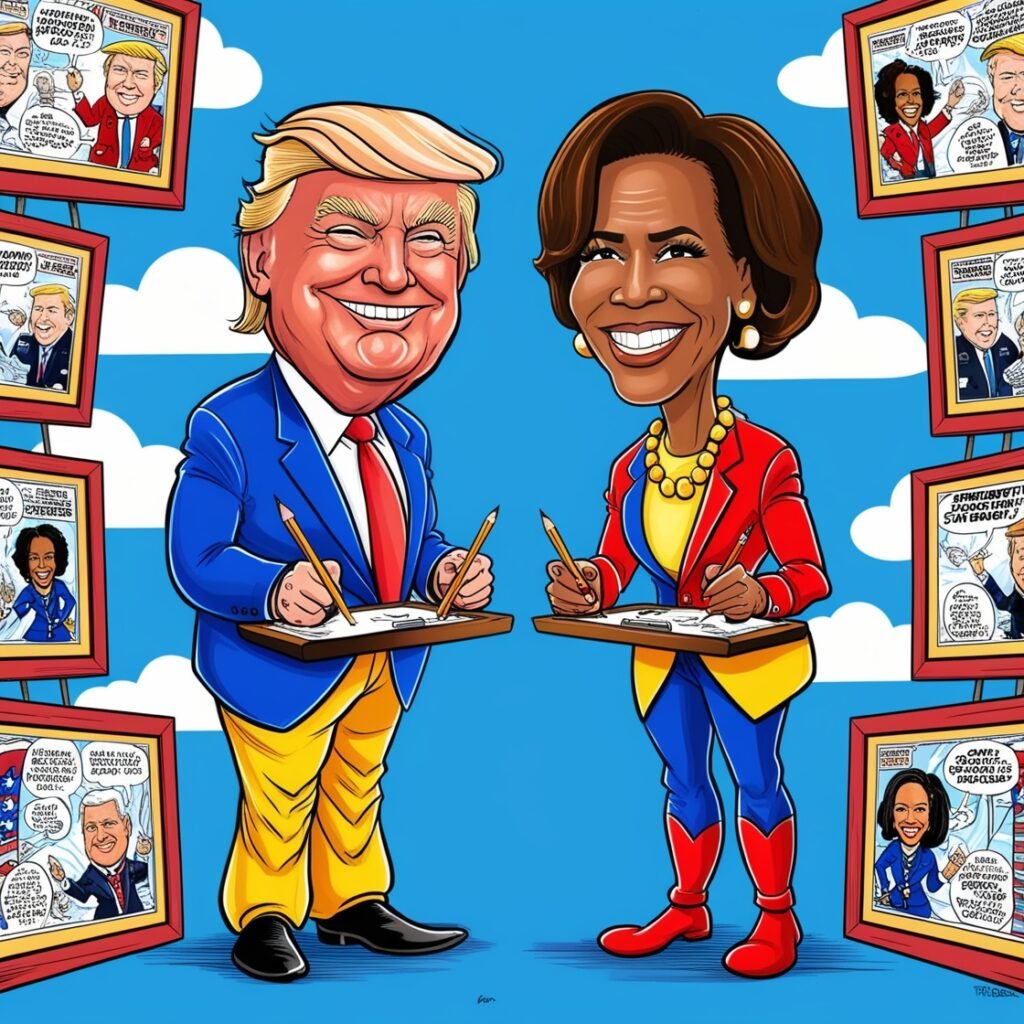When looking for the best U.S. president for business, we must consider their presidential impact on business. We also need to see how they helped with economic prosperity. Leaders in the past have made big decisions that helped the economy grow and innovate.
This talk will highlight the top business-friendly presidents. Their policies and actions helped create a good environment for businesses to thrive and succeed.

Key Takeaways
- The significance of presidential leadership in promoting economic growth.
- Influential past presidents who favored pro-business policies.
- Understanding the connection between presidential decisions and business success.
- Historical analysis of economic conditions under various presidents.
- The role of trade agreements and tax policies in business enhancement.
Introduction to Presidential Impact on Business
Presidents have a big role in shaping the business world. They do this through policies, rules, and their leadership style. Their impact goes beyond just numbers; it affects the whole business climate.
Seeing how leadership works can show us how to grow the economy. But, bad leadership can slow it down.
The Relationship Between Leadership and Economic Growth
Leadership is key to economic success. It’s clear when we look at how presidential actions affect businesses. For instance, supporting innovation and startups can create jobs and boost consumer confidence.
On the other hand, policies that cause uncertainty can scare off investors and slow growth.
Overview of U.S. Presidents’ Influence on Business
Some U.S. presidents have been big influences on business. Their leadership styles and policies teach us a lot. These policies brought both opportunities and challenges for businesses.
Looking at their legacies shows how their visions shaped the economy. This can lead to growth or create hurdles.
Key Economic Policies of Past Presidents
Looking at the economic policies of past presidents shows how leadership affects American business. Initiatives like trade agreements and tax policies have greatly influenced the economy and business practices.
Trade Agreements and Their Effects on Business
Trade agreements are crucial for international trade. NAFTA, from the 1990s, is a key example. It aimed to remove trade barriers between the U.S., Canada, and Mexico.
Supporters said it led to more exports and a wider range of products for consumers. But critics argued it caused job losses in some industries due to manufacturing moving overseas. This debate shows the mixed effects of trade agreements on domestic businesses.
Tax Policies That Boosted Economic Growth
Tax policies can boost economic growth by encouraging investment and expansion. The Tax Cuts and Jobs Act of 2017 is a good example. It lowered corporate tax rates significantly.
This policy was meant to get companies to invest more in their operations. This led to more jobs and higher wages. Businesses also increased their spending, showing how presidential decisions can impact growth.

Best U.S. President for Business: Analysis of Their Tenure
When we talk about the best U.S. president for business, we need to look closely at their time in office. We must consider the economy, historical events, and laws they passed. These factors help us see what worked and what didn’t during their presidencies.
Historical Context and Economic Conditions
The time a president serves often shapes their business policies. Economic ups and downs, like recessions or booms, play a big role. For example, Franklin D. Roosevelt faced a huge challenge during the Great Depression.
He introduced the New Deal to help the economy. It aimed to provide immediate relief and also make long-term changes for better business.
Case Studies of Successful Business Initiatives
Looking at specific examples shows how presidents can impact the economy. Ronald Reagan’s tax reforms are a great example. They changed how taxes work and encouraged people to invest.
This led to more jobs and economic growth after he left office. Barack Obama’s Affordable Care Act also had a big effect. It made healthcare more accessible for small business workers, helping them stay healthy.

| President | Tenure | Key Initiative | Impact on Business |
|---|---|---|---|
| Franklin D. Roosevelt | 1933-1945 | New Deal | Stimulated economic recovery and job creation |
| Ronald Reagan | 1981-1989 | Tax Reforms | Boosted investments and economic growth |
| Barack Obama | 2009-2017 | Affordable Care Act | Improved healthcare access for small business employees |
Business Growth Under U.S. Presidents
Looking at how U.S. presidents affect business growth is important. We use economic indicators like GDP growth, unemployment rates, and small business success. These help us see how well each president helped the economy grow.
Measuring Economic Prosperity During Different Regimes
Some presidents have had a big impact on business growth. For example, GDP growth rates often go up when business-friendly policies are put in place. This shows how well a president managed the economy and supported businesses.
Presidents Supporting Entrepreneurship and Small Businesses
Many presidents have helped entrepreneurs and small businesses. They’ve passed laws that give grants and tax breaks to startups. This has helped many industries grow.
Here is a table showcasing notable presidents and their contributions to supporting entrepreneurship:
| President | Key Initiatives | Economic Impact |
|---|---|---|
| Ronald Reagan | Tax Reform Act, deregulation | Increased GDP growth and job creation |
| Bill Clinton | Small Business Jobs Protection Act | Boosted small business lending |
| Barack Obama | Small Business Jobs Act | Enhanced access to capital for startups |
| Donald Trump | Tax Cuts and Jobs Act | Stimulated investment and economic expansion |
The actions of these presidents show how important government support is. It helps create an environment where businesses can grow and thrive.
Conclusion
The impact of presidents on business in the United States is huge. Their policies, like trade deals and tax changes, help the economy grow. This shows how different presidents have helped American businesses and the economy.
Each president faced big challenges and made important decisions. These decisions led to times of growth and recovery. This tells us that strong leadership is key for a healthy economy.
As we look to the future, the role of business leaders is more important than ever. The world economy is changing, and new challenges are coming. Learning from the past can help today’s leaders create better conditions for businesses to thrive.
FAQ
Who is considered the best U.S. president for business?
Many think Ronald Reagan and Bill Clinton were top for business. They had pro-business policies and focused on economic growth. This made the business environment better.
What economic policies did past presidents implement to foster business growth?
Past presidents used tax cuts, deregulation, and trade agreements to help business. For example, Donald Trump’s Tax Cuts and Jobs Act lowered corporate tax rates. This encouraged more business investments.
How do presidential decisions impact business?
Presidential choices greatly affect business. They shape the economy through policies on taxes, regulations, trade, and support for startups. This impacts business success and job numbers.
Which U.S. presidents have implemented successful business initiatives?
Franklin D. Roosevelt’s New Deal helped the economy. Barack Obama’s Affordable Care Act supported small businesses with healthcare reforms.
How did trade agreements affect U.S. businesses?
Trade deals like NAFTA cut tariffs and eased trade rules. This helped many U.S. industries by opening new markets. But, it also led to job losses in some sectors due to more competition.
What measures can be used to evaluate business growth under U.S. presidents?
We can look at GDP growth, unemployment rates, job creation, and small business success. These show how well the economy did under different presidents.
Which presidents have shown strong support for entrepreneurship?
George W. Bush and Barack Obama backed small businesses with initiatives. They made it easier to get capital and offered tax breaks. This showed strong support for startups.

